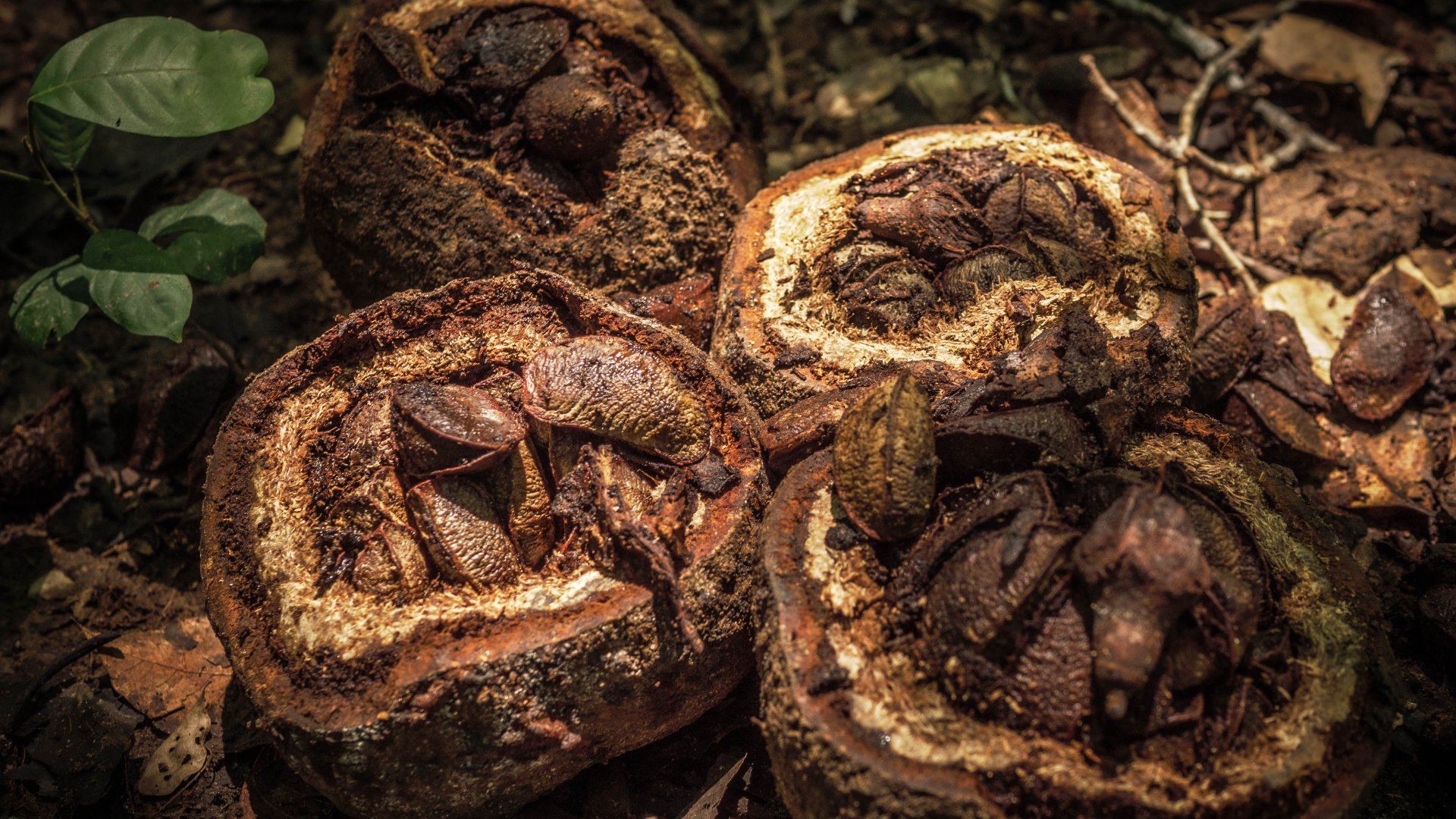Engaging businesses in Peru's Amazon nut value chain
Our planet is increasingly affected by threats, such as deforestation and soil degradation, that jeopardise the benefits nature provides, like clean air, fresh water, food, and medicines, among others. With the global population set to reach 9.7 billion people by 2050, pressure on food production and natural resources is also on the rise. Scenarios such as these motivate the DFCD's support for sustainable business models that benefit vulnerable landscapes and communities.
By first engaging multiple stakeholders in a landscape, we can determine what solutions are the most appropriate for a particular context. Among these actors are the private companies themselves: in dialoguing with businesses, we can raise awareness of the support we provide, learn about the needs of different landscapes and sectors, and build collaborations with companies whose activities can have a big impact on climate and nature.
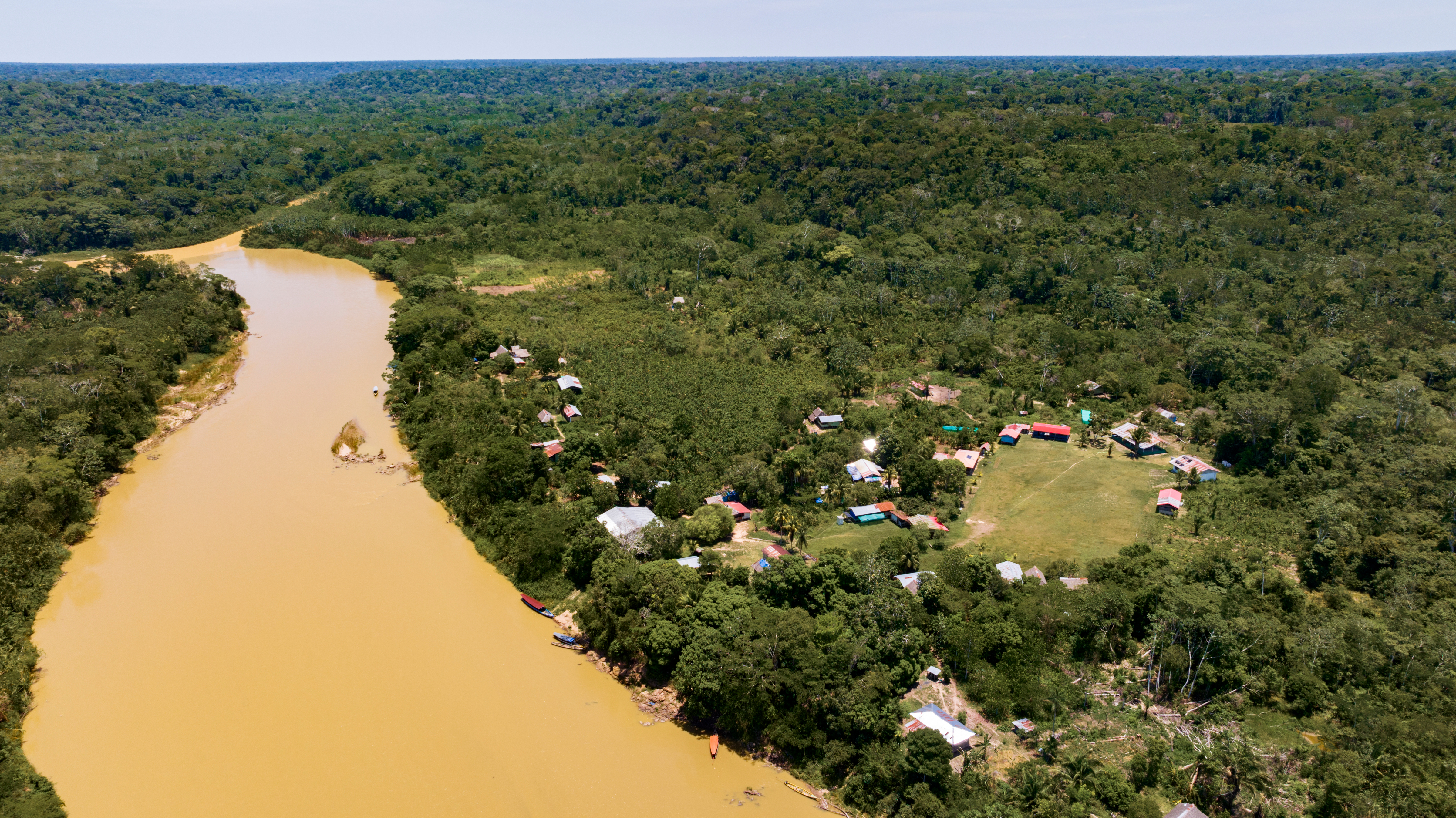
Aerial shot of Madre de Dios, Peru. WWF US/Yawar Motion Films.
In Peru, WWF has recently been carrying out such activities. The emblematic Amazon/Brazil nut value chain of Madre de Dios has historically been a crucial source of income for local communities. Climate variability, however, has generated significant challenges that impact production. In response to these challenges, WWF presented the DFCD’s work to Amazon nut entrepreneurs in the region who have already started to understand the importance of transforming their business models towards sustainability.
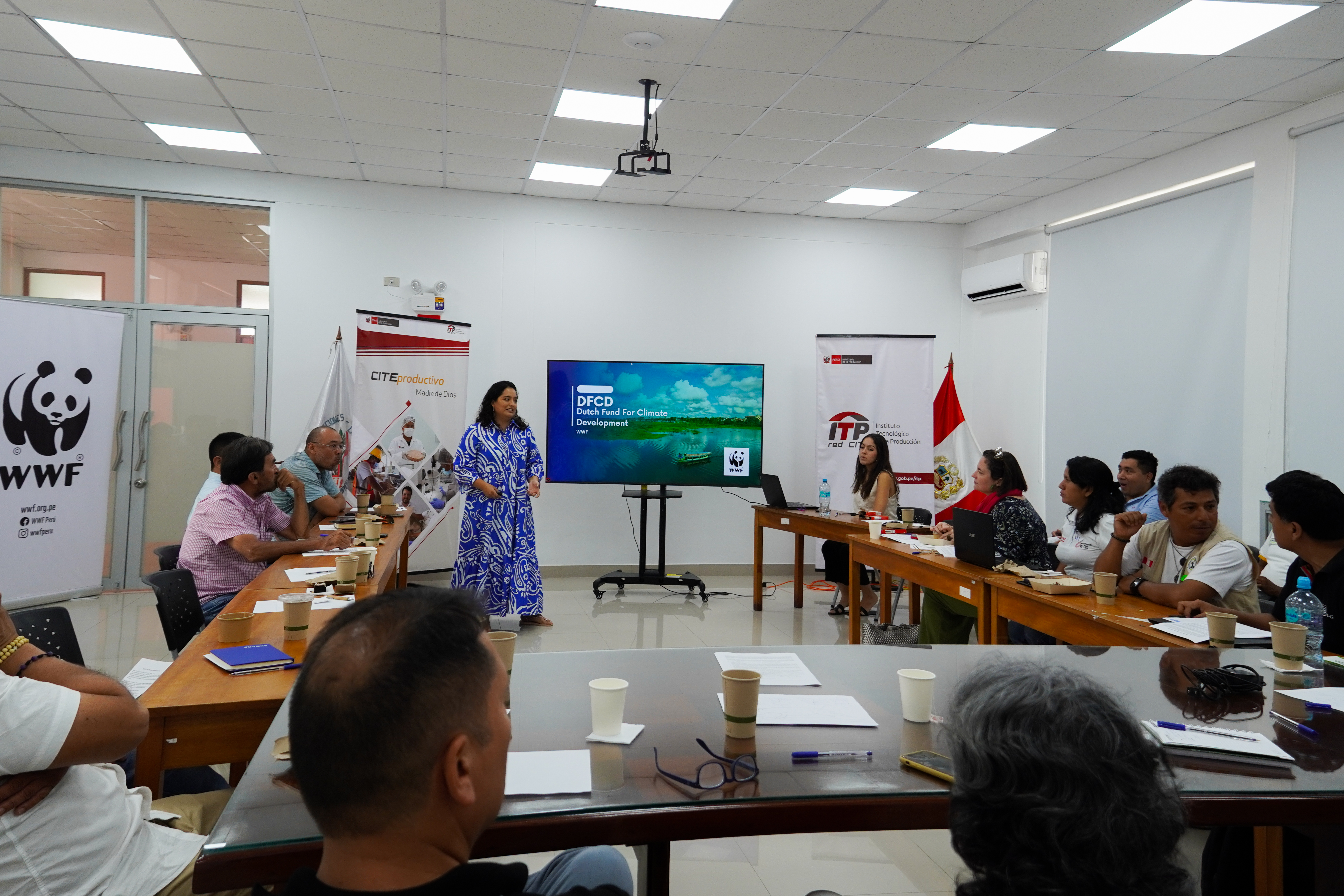
Sara Cerdán presents the DFCD.
“We are convinced that access to these impact funds will allow us to finance projects aimed at consolidating the new vision and business model that is being developed based on associativity in Madre de Dios, on the other hand will boost the competitiveness of this chain at all levels, generating benefits and sustainable development without comparison for the region, not only through the main product and its derivatives, but also through the use, generation of ecosystem services and others related to this activity,” noted Rodrigo Coca, General Manager of the company Manutata.
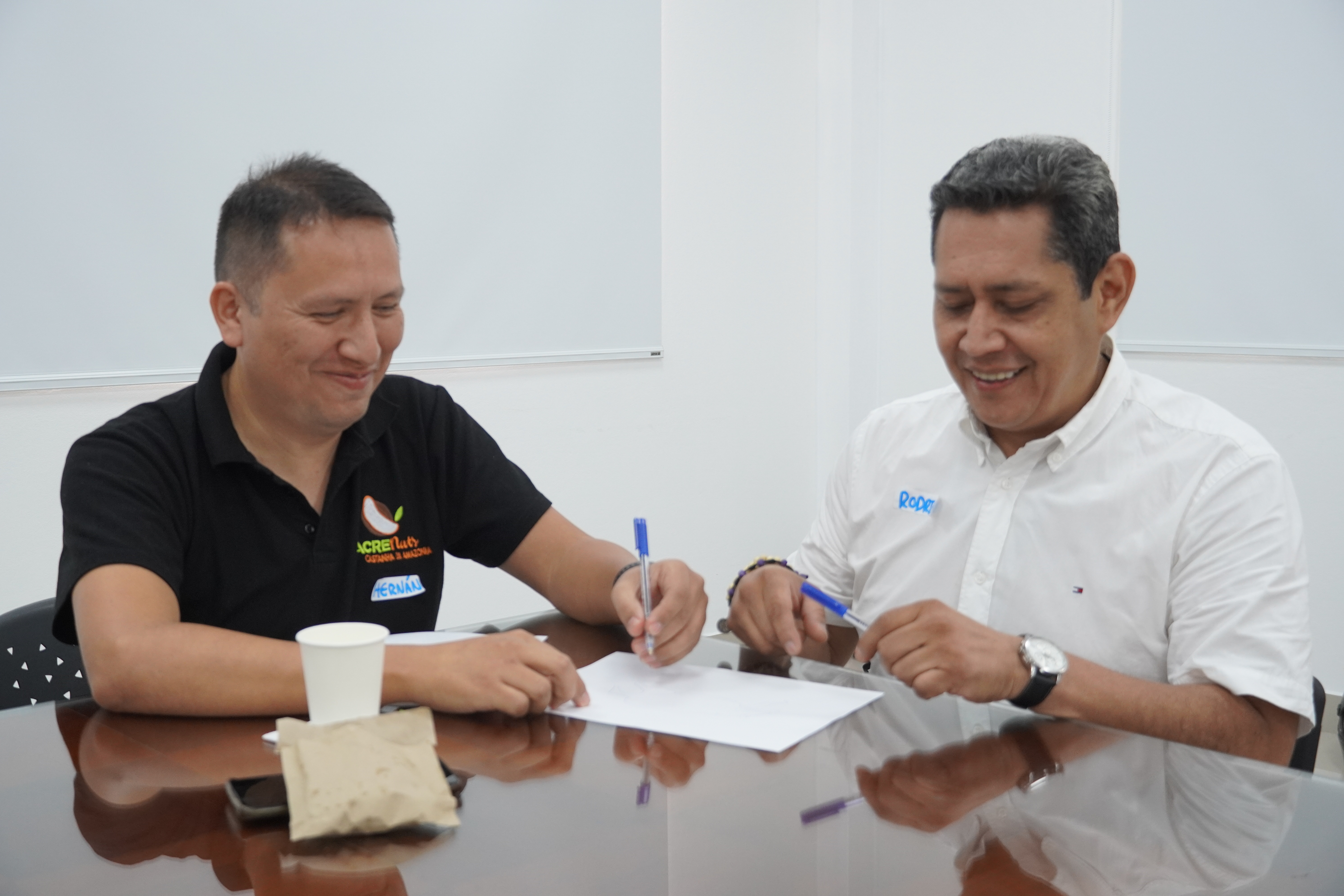 Hernán Jaramillo, AcreNuts (L), Rodrigo Coca, Manutata (R)
Hernán Jaramillo, AcreNuts (L), Rodrigo Coca, Manutata (R)
The improving practices of these businesses are promising from a climate adaptation and mitigation perspective: Including small Amazon nut producers in their business models, and respecting proper harvesting times, will lead to increased impact and resilience. "Valuing these factors is essential to positioning the Brazil nut from Madre de Dios as a high-value product, which improves the international standards of its production and export. This facilitates its eligibility for international funds that seek to invest in the climate resilience of the private sector," says Sara Cerdán, Officer for Nature-Based Finance Solutions at WWF Peru.
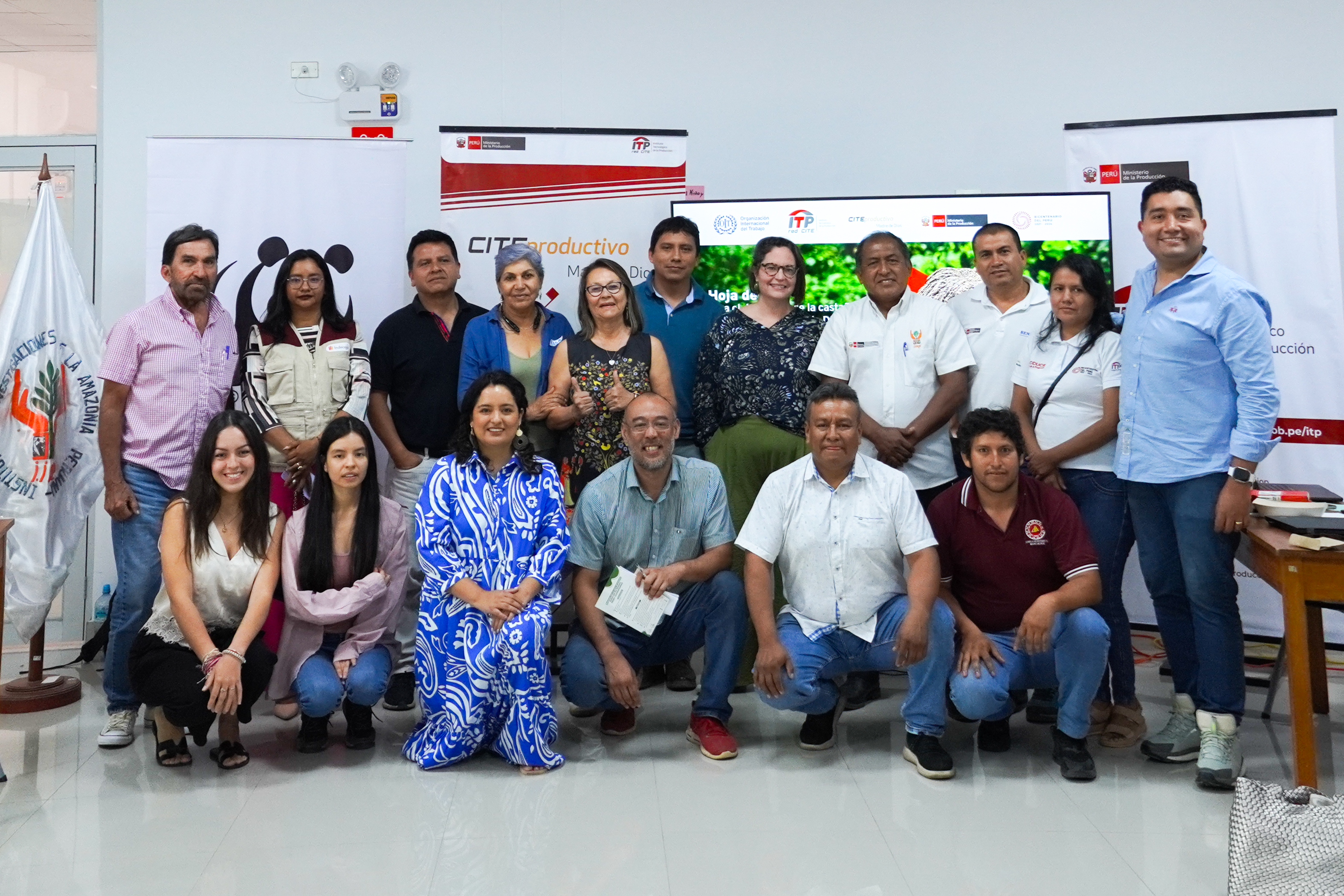
The meeting participants.
This engagement was part of a set of activities aimed at strengthening the financial capacities of national value chains through transformation, promoting the integration of sustainable practices that ensure the economic and ecological viability of this important sector. With the support of green finance from the DFCD, local companies have the opportunity to adapt to the challenges of climate change and contribute to the sustainable development of the region.
To learn more about WWF Peru’s conservation work in linking sustainable production chains linked to markets and financial mechanisms, visit here.

